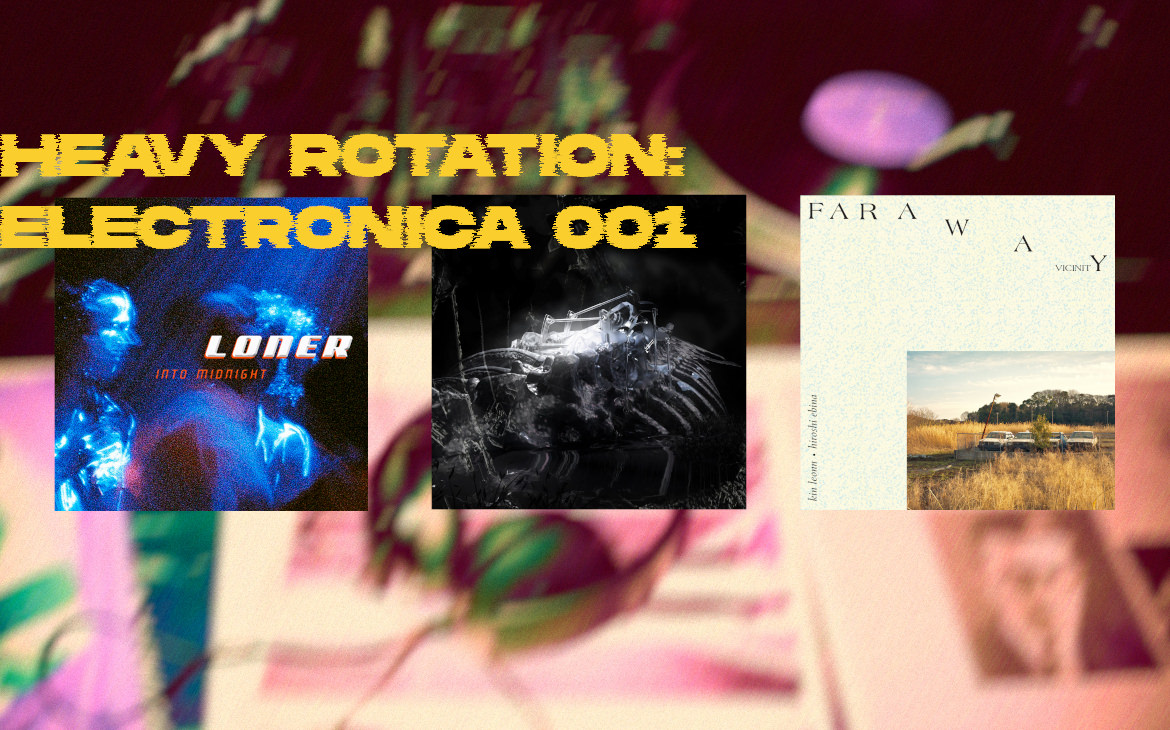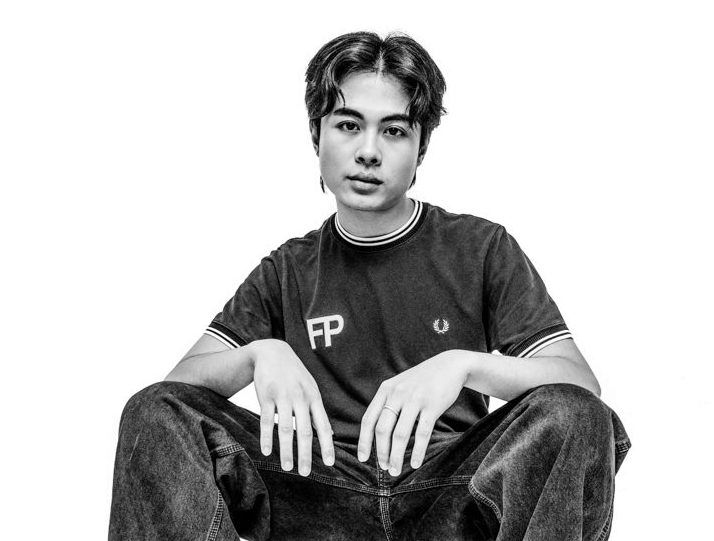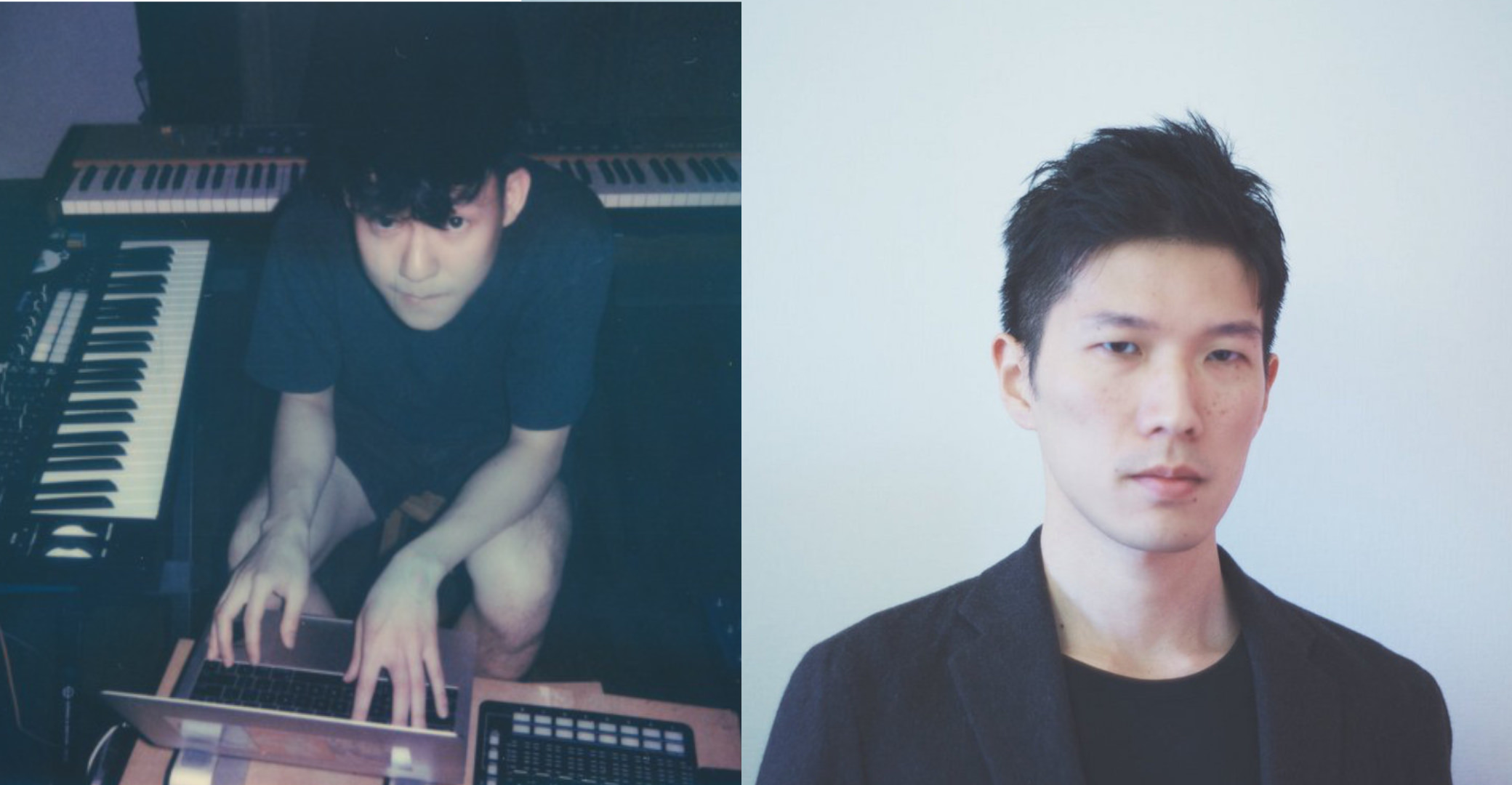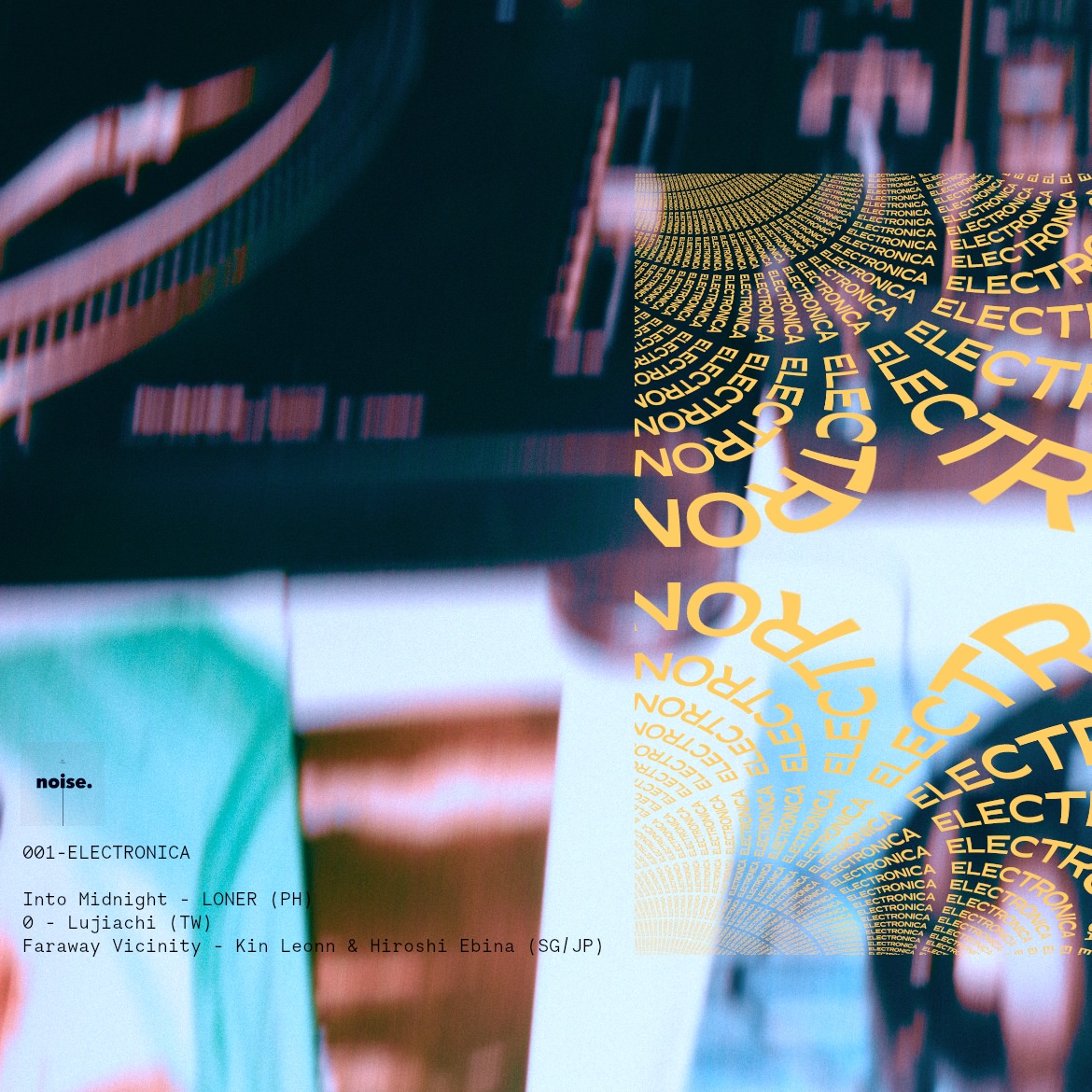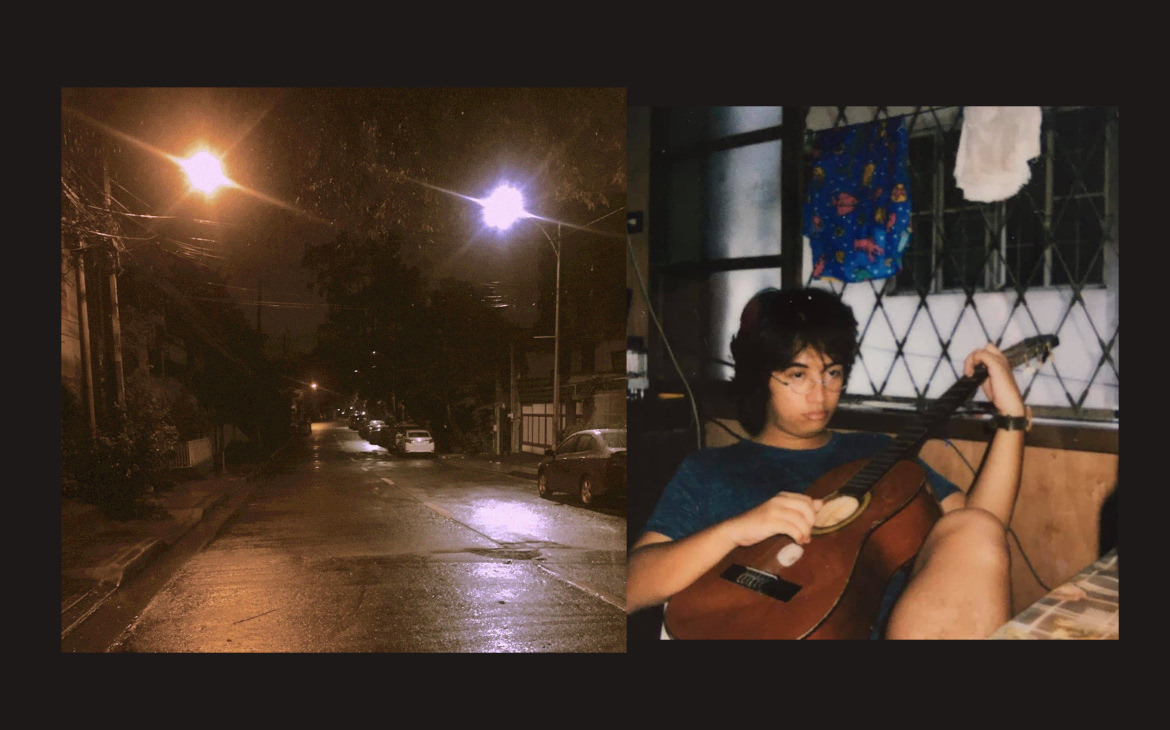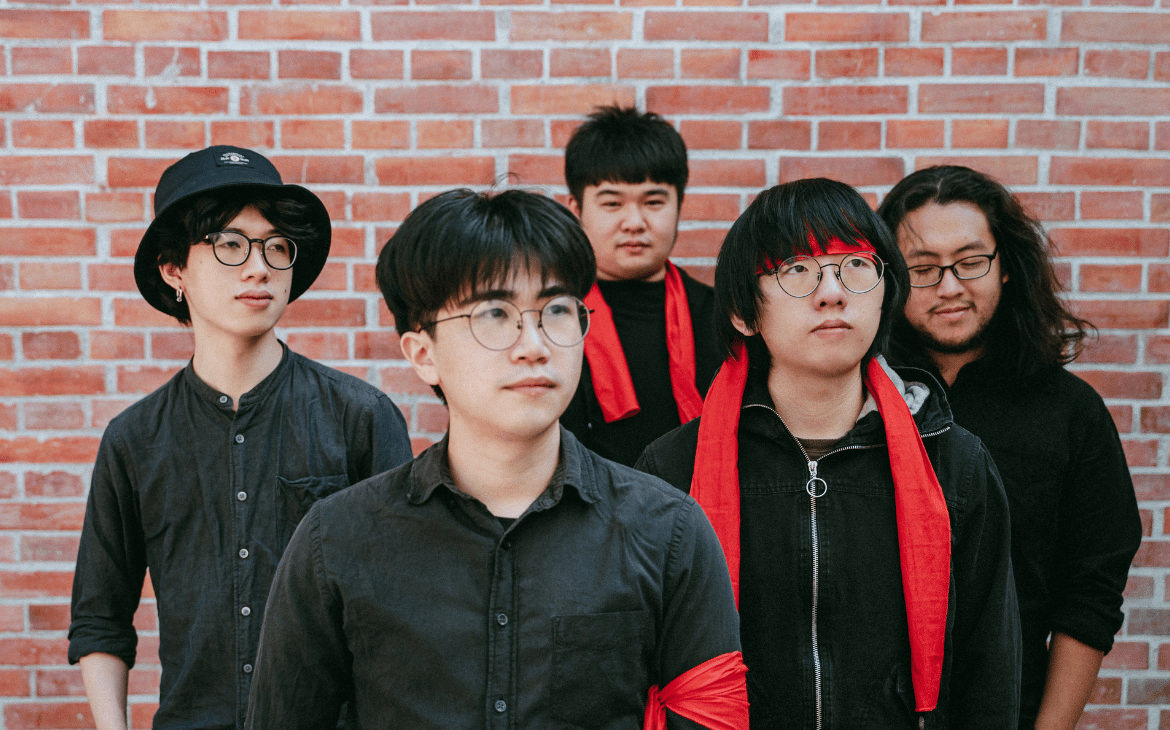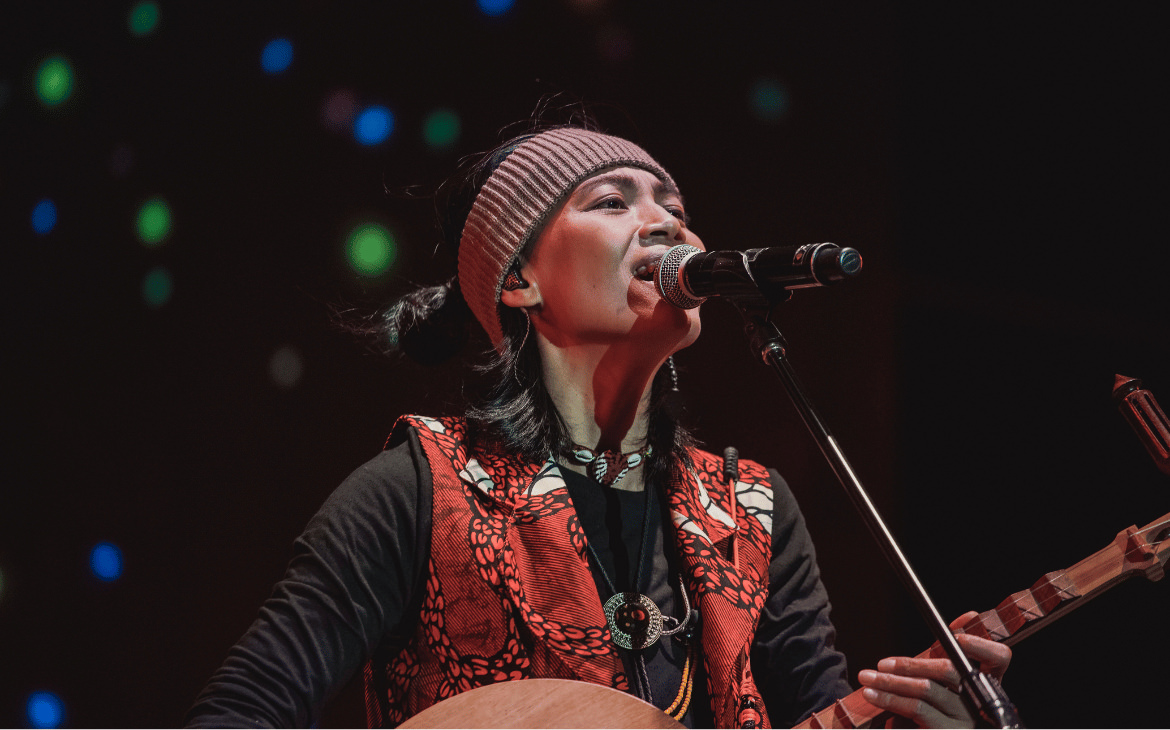Words and Illustration by MC Galang
One of the things that drew me to electronic music was how its sonic and cultural history is about how physical spaces become more than just places of commune, of refuge, of celebration—that entire movements are named after some of these structures: house, garage, industrial, etc. If hip-hop was my church, then electronica is the monastery.
House music, for example, was named after the legendary ‘70s Chicago nightspot, The Warehouse. It was owned by Black promoter Robert Williams, who helped popularize not just after-hours clubbing (godfather of house music Frankie Knuckles, whom Williams lured to be the club’s resident DJ, “usually kept the party jumping until eight in the morning”) but also democratized and built the ground zero for what would globally be known as house music.
As disco fever raged on (and even long after Disco Demolition), many DJs diversified their crate selections and began to spin “unlikely records” such as Brian Eno and David Byrne’s works. Ambient music, in particular, was significantly intertwined with house DNA and dance music in general, a symbiosis of inner and outer moods and affect.
Though no longer a creature of the underground, at least not exclusively, house music and several of its derivatives continue to be the sanctuary for the same mixed crowd (“racially, ethnically, and sexually,” as Chicago DJ Craig Cannon describes it) that many revered and iconic places like The Warehouse catered to during its heyday.
For our maiden electronica feature in the series, here are three new EPs from this year on our heavy rotation: records that move and are moored by spaces they inhabit.
Into Midnight – LONER (Philippines)
LONER (Lean Ordinario) first discovered dance music in underground British clubs: places where house, particularly acid and garage, exploded in 1988. His fascination was anything but fleeting: this is what he’s going to do next. Not long after came Manila Dance (2020), his joint EP with Aries, and then his latest EP, Into Midnight, which marks his first solo dance music release.
LONER describes the artistic shift from band music as satiating a need. “When I was starting out in music, I used to be in a lot of bands but always felt limited by being only one member of the group. I knew there was more to myself than just playing one instrument, and producing electronic music is the best way to express that,” he shares with The Rest Is Noise. Designing his own sound allowed him to stretch electronic music’s malleability through house’s innate functionality as dance music. “It was easier to decide which parts I wanted to keep,” he adds. Into Midnight was the glutinous result: a collection of icy, aqueous synth work, lush R&B pads, and groovy pulses.
Into Midnight (and Manila Sound before it) was a progressive change in LONER’s catalog, as well as an opportunity to weave his primary interests together: music and fashion. Or, as British literary theorist Terry Eagleton posited more eloquently, “Aesthetics is born as a discourse of the body.” It was a freedom not easily afforded to him before—at least not without sneering looks or judgment and/or in traditionally male-dominated music spaces.
The Manila-based producer’s solo debut articulates desire: to connect on a personal level (“Turn It Up”) and communally (“In the Summer”) and to break free from isolation and lose himself in the groove (“Liwanag sa Gabi”, “Pagbabago”) in a singular way that only house music can—one that invites its participants to let go of their bearings in collective surrender.
Favorite tracks: “Pagbabago,” “Turn It Up,” “Liwanag Sa Gabi”
O – Lujiachi (Taiwan)
The Taipei-based producer’s 0 EP coils frenetically in limbo: often menacing, at times unforgiving. It sometimes unravels the explosive, hardcore tendencies of gabber, but doesn’t fully go there. It’s more angular, more rhythmic, and just as completely absorbing. Lujiachi’s approach to techno is dimensional, relentlessly alive. It’s committed to navigate every bit of industrial punk’s harsh structure, while still remaining laser-focused in its direction.
Lujiachi describes 0 as his “first definite presentation” as an electronic producer. “I used to be in a band, and this experience shaped my approach towards crafting this record,” according to the EP’s liner notes. “With each track, I would prepare the percussion, following which I would assume the role of the bassist, layering a bassline on top of the rhythm. I was a guitarist in the band that I played in, which meant that I was rather less involved in the duties of the rhythm section. This work, then, can be seen as a rhythmic experiment, a set of songs in which I tinker with aspects of music that are new to me.”
This cutthroat emphasis on rhythm helps explain why 0 feels immensely organic (the blistering D&B track, “147 Dub”) while clearly drawing its tone and mood from mechanical atmospheres and utilizing non-musical sounds. It allows dampness and exoticism to coexist (“Diamond Palace”), lends form to fear (“Teiichi”), and makes hardcore stupefyingly melodic (“Orchid”). The devil is indeed in the details.
Read: TRIN Recommends “Teiichi” – Lujiachi
Favorite tracks: “Teiichi,” “Diamond Palace”
Faraway Vicinity by Kin Leonn & Hiroshi Ebina (Singapore/Japan)
Recontextualizing nature and its elements is an age-old practice. The goal is not exactly to consume, but repurpose: to take something and give it back a little differently, to enhance its qualities but preserve its essence. Faraway Vicinity plucks out relatively minute details from nature and scales those movements—running water, rustling leaves, waves rolling softly onto the shore, wind blowing ever so gently—into a canopy of sparse melodies that facilitate an acute, intimate bond between us and our surroundings.
Though its inspirations and techniques neither deviate nor break new grounds, Faraway Vicinity is more than a collection of field recordings and contemplative mood music. Its unassuming quaintness and perceptive settings fill up the gaps of physical connection many of us are currently lacking. Producers Kin Leonn (Singapore) and Hiroshi Ebina (Japan) bridge this succinctly, fleshing out style and substance equally in just under 18 minutes.
Although not exactly time-specific, the EP simulates the calm wakefulness of dawn, just before the sky breaks light: the steady hum of both living and nonliving objects (“Forest future”), the amorphous beauty and emotional breadth of exterior spaces (the gorgeous “A secluded channel” and “Leaving home for the fields”), and the calibrated motions of instrumental and organic composites (“Human crossing”)—just before the day is absorbed in assiduous activity.
Leonn and Ebina’s collaborative project evokes mindfulness and familiarity through passive listening; to create moments within moments, as well as spaces in our psyche to accommodate them.
Favorite tracks: “A secluded channel,” “Leaving home for the fields”

